Past Scholars 2024 Celebration
HDA Scholars
Where are they now?
-
Dr Susan Smith, 2020 9th cohort
Susan is employed conjointly by Flinders University as an academic with a teaching focus as well as SA Health working on a research project investigating the experiences of First Nations Women’s birthing experiences in the South Adelaide area. This project has the potential to enhance the birth experiences of First Nations families globally and will provide valuable data for future planning and enhancement of existing services.
Susan’s PhD project focused on an exploration of vaccine hesitancy in pregnancy and parenting, and was mentored by supervisors Dr Anita De Bellis, Dr Nina Sivertsen and Dr Lauren Lines, College of Nursing and Health Sciences, Flinders University. Her findings suggest that vaccine hesitancy is an ongoing problem in high to middle income countries with social media playing an important role in the spread of viral misinformation.
While completing her PhD, Susan pursued her research without recourse to the distraction of paid employment. Whilst Susan’s PhD took place at the heart of COVID-19, HDA also provided many other benefits including the mentorship program which meant that expert advice was always available.
Susan’s PhD resulted in six publications in high quality journals during her PhD and she has had the opportunity to disseminate this research at conferences thanks to the ongoing support of Healthy Development Adelaide.
We thank the Channel 7 Children’s Research Foundation for their financial support for the Scholars program and the PhD Excellence Awards.
-
Dr Shabnam Kashef, 2019 8th cohort
Shabnam is working as a Research Analyst for ECH, a South Australian provider of retirement living accommodation and aged care services. Her role involves engaging in diverse research initiatives across the organisation and with its stakeholders.
Shabnam’s PhD focused on enhancing menu compliance and vegetable intake among Australian children in long day care settings through a Menu Box Delivery Service, and was mentored by supervisors Professor Rebecca Golley, Dr Dorota Zarnowiecki, Dr Lucy Bell (Flinders University), and Dr Vicki Brown (Deakin University).
Despite the challenges (lockdowns and restrictions) posed by the Covid-19 pandemic, Shabnam successfully conducted a randomised controlled trial across eight South Australian long day care centres, gathering dietary intake data from 224 children aged 2 to 5 years. Her project provided a comprehensive evaluation of an innovative food service model tailored for the long day care environments.
While completing her PhD journey, Shabnam undertook a placement with Nutrition Australia (Victoria) through Healthy Development Adelaide, gaining valuable insights into their service delivery which proved pertinent support to her research. Shabnam was also fortunate to participate in the Healthy Development Adelaide mentoring program through-out her candidature and media training for researchers.
Upon completing her PhD, Shabnam had the opportunity to draw upon her expertise in the paediatric nutrition space as a feeding therapist and dietitian working with families both locally and interstate to improve feeding outcomes for their children. Her dedication to research continues in her current role, as well as various teaching roles in academia.
We thank the Channel 7 Children’s Research Foundation for their financial support for the Scholars program and the PhD Excellence Awards.
-
Dr Rosa Virgara, 2018 7th cohort
Rosa is a Lecturer in Physiotherapy within Allied Health and Human Performance and member within the Alliance for Research in Exercise, Nutrition and Activity (ARENA) research group at the University of South Australia.
Rosa’s PhD project focused on Physical activity, screen-time and wellbeing in Outside School Hours Care Services, and was mentored by supervisors Professor Carol Maher and Dr Anna Philips,; University of South Australia; Dr Lucy Lewis, Flinders University and Ms Mandy Richardson, Out of School Hours Care Association of SA (OSHCsa). The PhD project was successful in developing national physical activity and screen time guidelines for outside school hours care. The high quality of the work has led to a national trial of the physical activity and screen time guidelines across Outside School Hours Care services across South Australia, New South Wales and Western Australia in both urban and rural settings.
While completing her PhD, Rosa travelled to present at international conferences in Auckland, NZ and Melbourne, Australia. At the Asia-Pacific society for Physical Activity Rosa was awarded the Best Oral Presentation in the category of Early Career Professional.
Upon completing her PhD, Rosa had the opportunity to continue to participate in the research of implementing the physical activity and screen time guidelines into Outside School Hours Care services as a research associate. Rosa has been invited to communicate her research to mainstream media on several occasions and been an invited presenter at the Australian Physiotherapy Association – South Australian Branch State Symposia in 2022.
We thank the Channel 7 Children’s Research Foundation for their financial support for the Scholars program and the PhD Excellence Awards.
-
Dr Stefania Velardo, 2012 3rd cohort
Stefania is a Senior Lecturer in Health Education in the College of Education, Psychology & Social Work at Flinders University. She recently completed a secondment as a Senior Project and Policy Officer with the South Australian Council of Social Service, the peak non-government representative body for health and community services in South Australia, that seeks to improve the quality of life of people disadvantaged by the inequalities of our society.
Stefania’s PhD project focused on understanding preadolescent food literacy in low socioeconomic communities, and was mentored by supervisors Professor Murray Drummond, Dr Claire Drummond, and Dr Kate Ridley, Flinders University.
While completing her PhD, Stefania presented her research at national and international conferences, including the International Union for Health Promotion & Education (IUHPE) World Conference on Health Promotion in 2013. At this conference she connected with like-minded international colleagues, and she became an active member of the IUHPE Global Working Group on Health Literacy, who collaboratively published the IUHPE Position Statement on Health Literacy in 2018. The support of Healthy Development Adelaide and the Channel 7 Children’s Research Foundation also provided Stefania with the opportunity to undertake a health promotion placement with the Obesity Prevention and Lifestyle (OPAL) program which was implemented in South Australia between 2009 and 2017.
Upon completing her PhD, Stefania had the opportunity to embark on an academic career with Flinders University and progress her work to address issues surrounding food-related inequities. She maintains a strong interest in the health and wellbeing of children, and her research bridges multiple disciplines to investigate sociocultural influences on young people’s relationships with food, including the broader social determinants of health. Stefania has also had the opportunity to work in the non-government sector to conduct applied research and policy analysis to improve the lives of marginalised and disadvantaged South Australians.
We thank the Channel 7 Children’s Research Foundation for their financial support for the Scholars program and the PhD Excellence Awards.
-
Dr Jago Van Dam, 2017 6th cohort
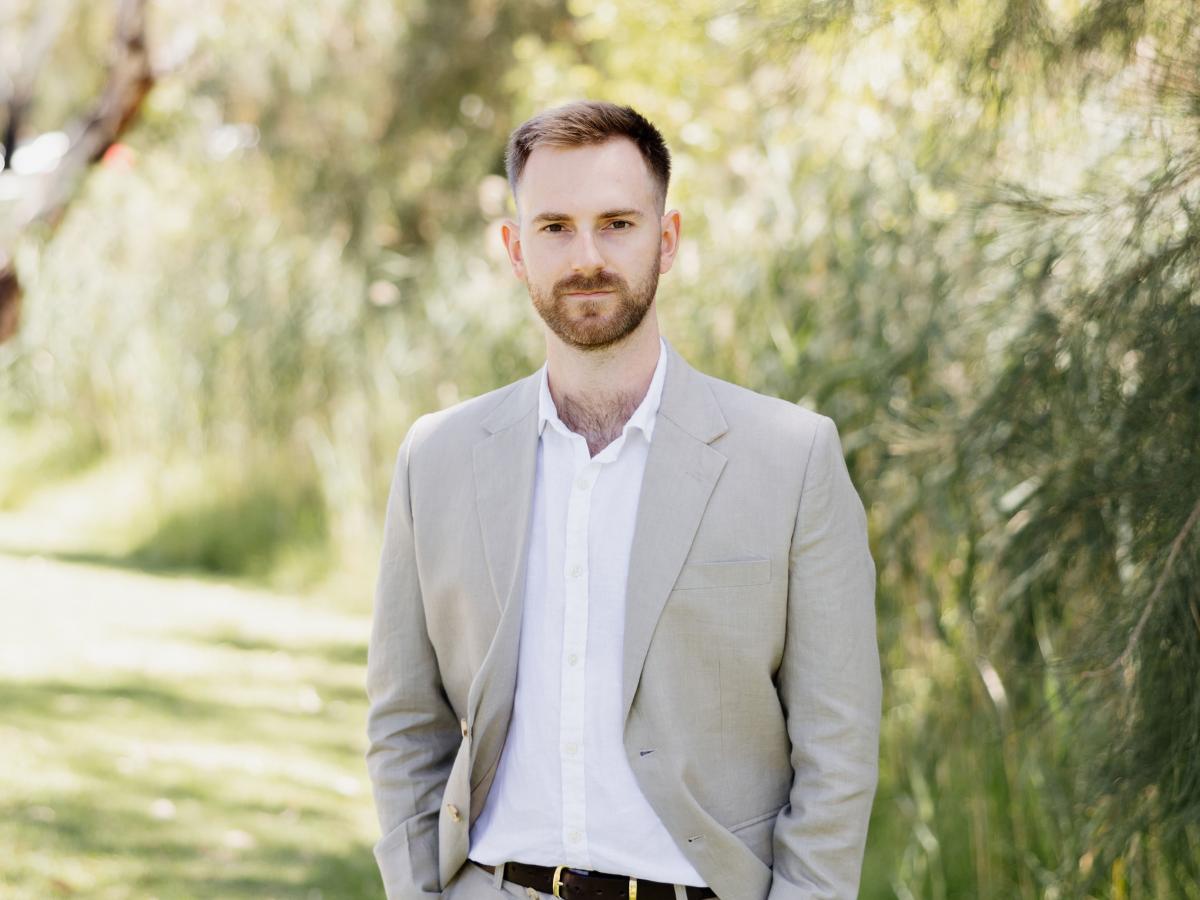
Jago is now a Software Developer working at Sintelix, a leading provider of text intelligence software.
Jago’s PhD project focused on the effects of pro-inflammatory conditions of pregnancy on cortical development and neuroendocrine function through childhood and adolescence, and was mentored by supervisors Dr Julia Pitcher, Robinson Research Institute, and Dr Mitchell Goldsworthy, University of Adelaide.
While completing his PhD, Healthy Development Adelaide allowed Jago to present his research at national and international conferences, including at the conference of the Australian Society for Medical Research, where he was awarded the Robinson Research Institute Award (Best Presentation) in 2017. The financial support of Healthy Development Adelaide and the Channel 7 Children’s Research Foundation also allowed Jago to focus more time on both his research and on acquiring additional skills during his PhD, including statistics, data analysis, and programming.
Upon completing his PhD, Jago took up the position of Senior Data Analyst at the Child Death and Serious Injury Review Committee, where he supported the Committee’s work to understand and prevent the serious injury and death of children in South Australia. In this role, Jago built a modern data warehouse, developed an interactive website to present the Committee’s findings, and managed the analysis, visualisation, and reporting of data and research insights. Jago then had the opportunity to move into the private sector to pursue a career in software development and further develop many of the skills he first acquired while undertaking his PhD.
We thank the Channel 7 Children’s Research Foundation for their financial support for the Scholars program and the PhD Excellence Awards.
-
Dr Victoria Branson, 2016 5th cohort
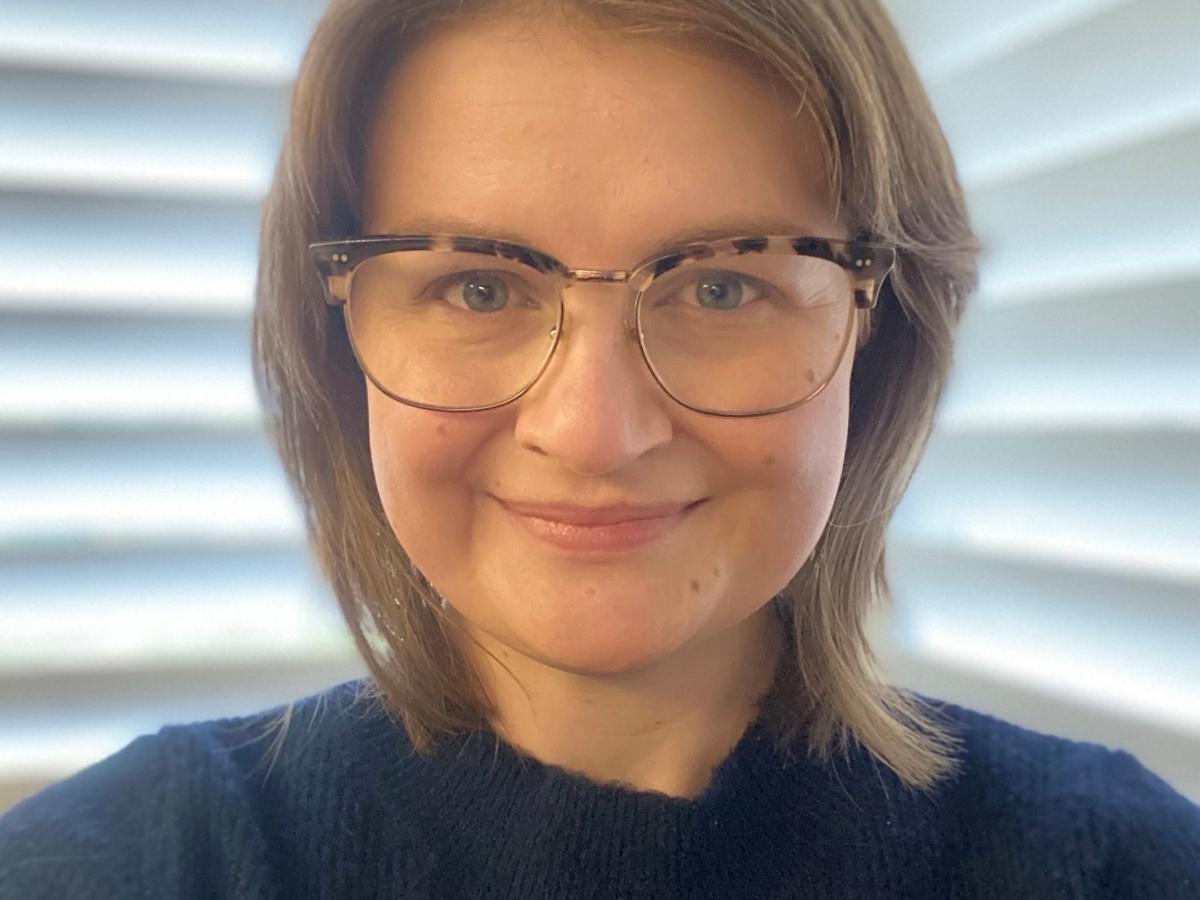
Victoria is a currently working as a clinical psychologist at the Statewide Eating Disorder Service. SEDS is a specialised mental health service in South Australia, providing assessment, care, and information for those affected by or at risk of developing an eating disorder, as well as education and support for professionals, families, and caregivers. SEDS is also proud to have a strong research component, actively conducting and participating in studies aimed at enhancing outcomes for individuals with eating disorders.
Victoria’s PhD project focused on Designing, evaluating, and utilising a holistic measure of adolescent stress, and was mentored by supervisors Professor Deborah Turnbull and Dr Matthew Dry, School of Psychology, and Dr Edward Palmer, School of Education, University of Adelaide. Victoria published 3 papers from this research and her measure of adolescent stress is being utilised and translated into various languages. Victoria received a Dean’s Commendation for Doctoral Thesis Excellence and her research was awarded the People’s Choice Prize at the 2016 Australian Positive Psychology and Wellbeing Conference.
While completing her PhD, Healthy Development Adelaide allowed Victoria to complete a research placement at the SAHMRI Wellbeing and Resilience Centre, where she contributed to an Evaluation Report for the Education Minister on the impacts of Positive Education in South Australian schools. She was also able to attend multiple conferences, including the 38th Stress and Anxiety Research Conference in Hong Kong and the 6th World Congress on Positive Psychology in Melbourne. Together with the mentoring opportunities HDA organised, these experiences allowed Victoria to expand her professional horizons.
After completing her PhD, Victoria has had the opportunity to supervise student projects in her role as a Visiting Research Fellow at the University of Adelaide. She maintains a strong interest in the wellbeing of young people, having published on the impact of mental health on academic achievement and the psychosocial challenges faced by children with Cleft Lip and/or Palate. Victoria remains passionate about continuous learning and since completing her doctorate she has further obtained a Graduate Certificate in Healthcare Leadership through the Southern Cross University.
We thank the Channel 7 Children’s Research Foundation for their financial support for the Scholars program and the PhD Excellence Awards.
-
Dr Joyce Haddad, 2017 6th cohort
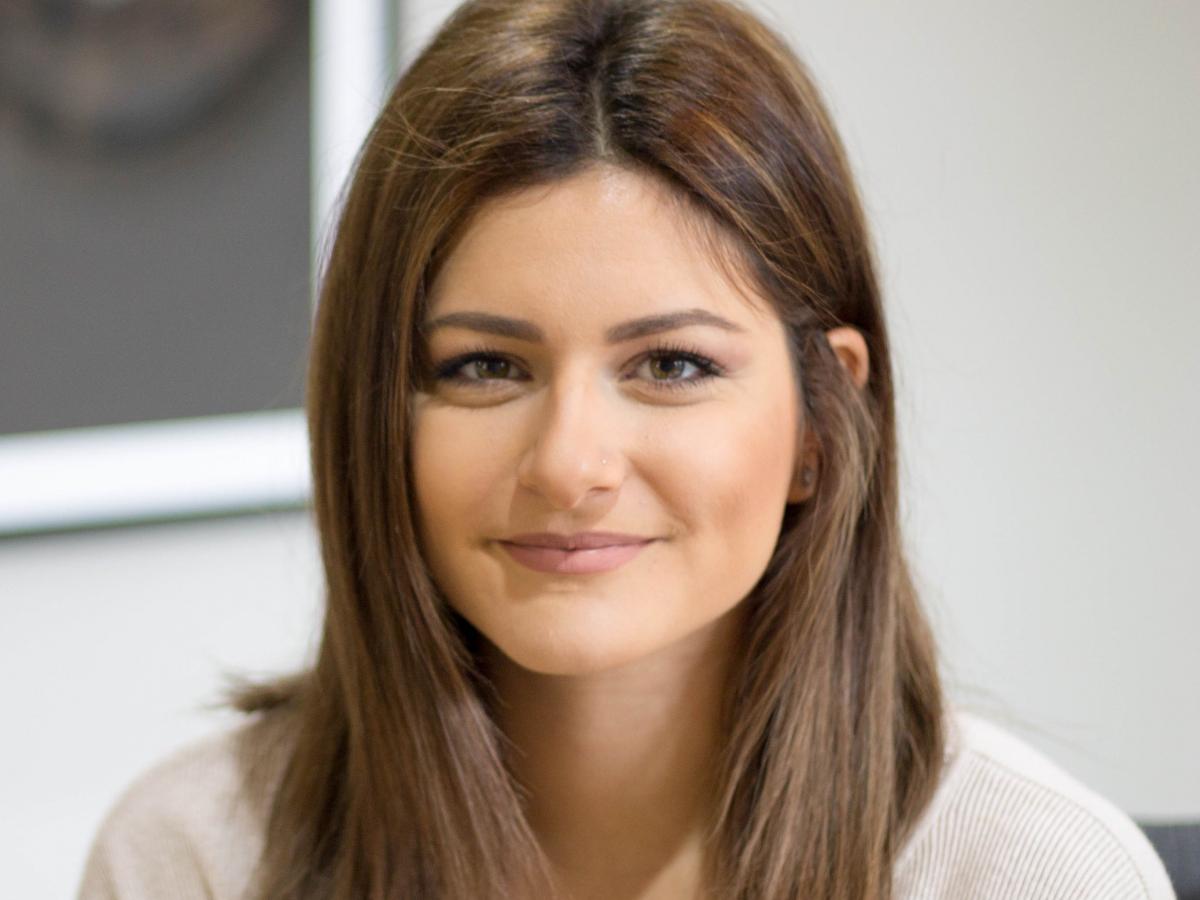
Joyce is now an early career researcher (PhD awarded 2021) in nutrition and dietetics, and living in Switzerland and working at the Bern University of Applied Sciences where she focuses on e- and m-Health and behaviour change research to improve the diet quality of adults and children in Europe.
Joyce’s PhD project focused on establishing the effect of digitally delivered, tailored nutrition messages on improving the diet quality of Australian adults. Joyce was mentored by supervisors Professor Rebecca Golley, Flinders University and Dr Gilly Hendrie, CSIRO Food and Nutritional Sciences.
While completing her PhD, Healthy Development Adelaide allowed Joyce to take part in international conferences, although they were all online (during the pandemic). In particular, Joyce was able to present her findings at the International Congress of Dietetics in 2020. As part of the Healthy Development Adelaide program, Joyce was also lucky to conduct a communications internship with the Australian Science Media Centre.
Upon completing her PhD, Joyce had the opportunity to undertake an internship with the World Health Organization in Geneva during the pandemic which gave her the opportunity to learn about global health and the politics involved in it.
We thank the Channel 7 Children’s Research Foundation for their financial support for the Scholars program and the PhD Excellence Awards.
-
Dr Verity Booth, 2016 5th cohort
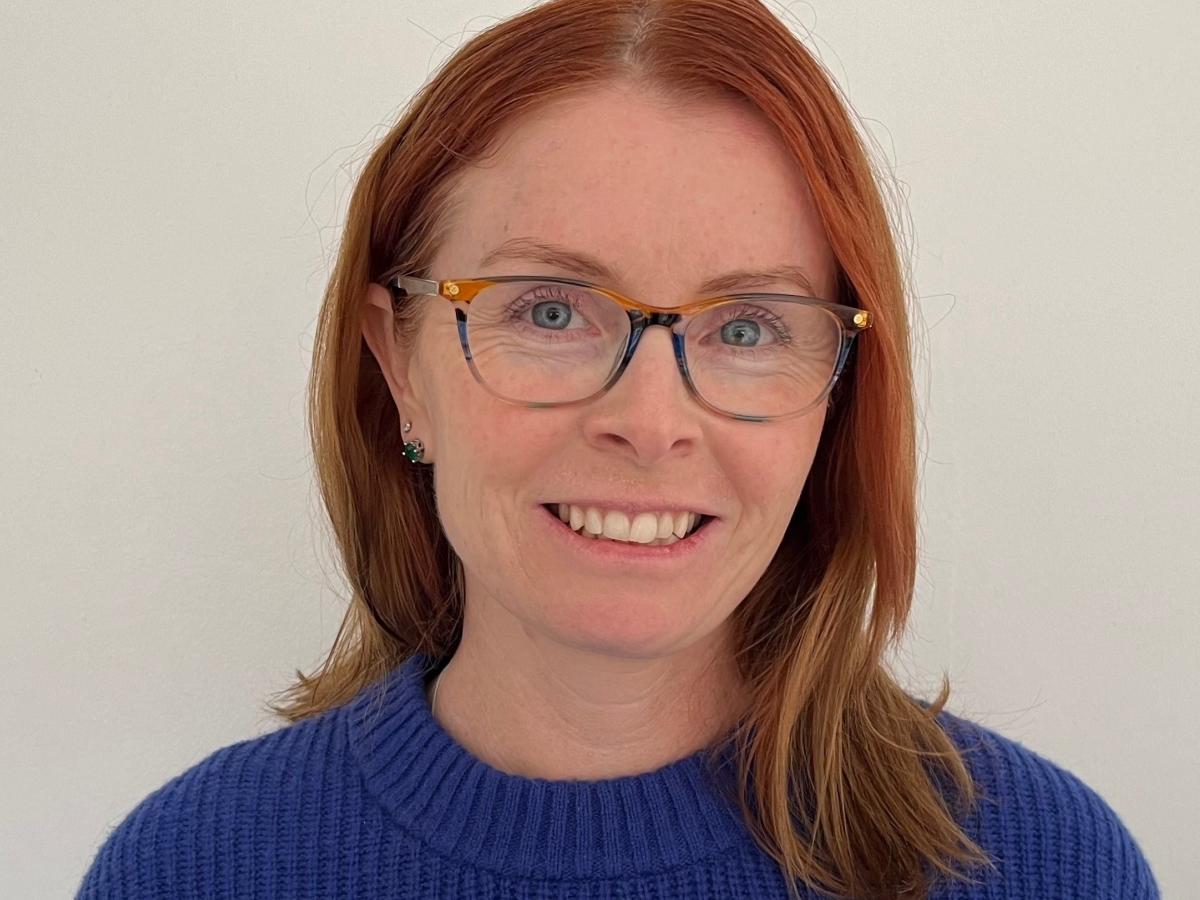
Verity was awarded her PhD in 2023, however she is currently using her skills in a different role as teacher to her son in home education. She is also using this time to write up her research for publication.
Verity’s PhD project focused on auditing existing data on Australian children’s physical activity and sedentary behaviour. Previous measurement approaches used to monitor participation in Australian guidelines were also identified and a Delphi panel helped to recommend central questions that could be used moving forward to measure children’s activity levels. This project was mentored by supervisors Professor Tim Olds, Professor Grant Tomkinson, Dr Natasha Schranz from University of South Australia, and Professor David Lubans from Newcastle University.
While completing her PhD, support from Healthy Development Adelaide allowed Verity to travel to London to present her findings at the International Society for Physical Activity and Health conference. Verity also assisted Active Healthy Kids Australia as the data manager for the 2022 Report Card on Physical Activity for Children and Young People, providing an invaluable opportunity to work with many academic experts in this research field. She was also a member of the Exercise and Sports Science Australia working group and assisted in designing the Pre-Exercise Screening Tool for Young People.
Verity is also an Accredited Exercise Physiologist, so Healthy Development Adelaide organised a placement at Novita within their research team. This provided additional real-life experience assisting in a team where practitioners and researchers partner together to improve research outcomes.
We thank the Channel 7 Children’s Research Foundation for their financial support for the Scholars program and the PhD Excellence Awards.
-
Dr Bing Wang, 2014 4th cohort
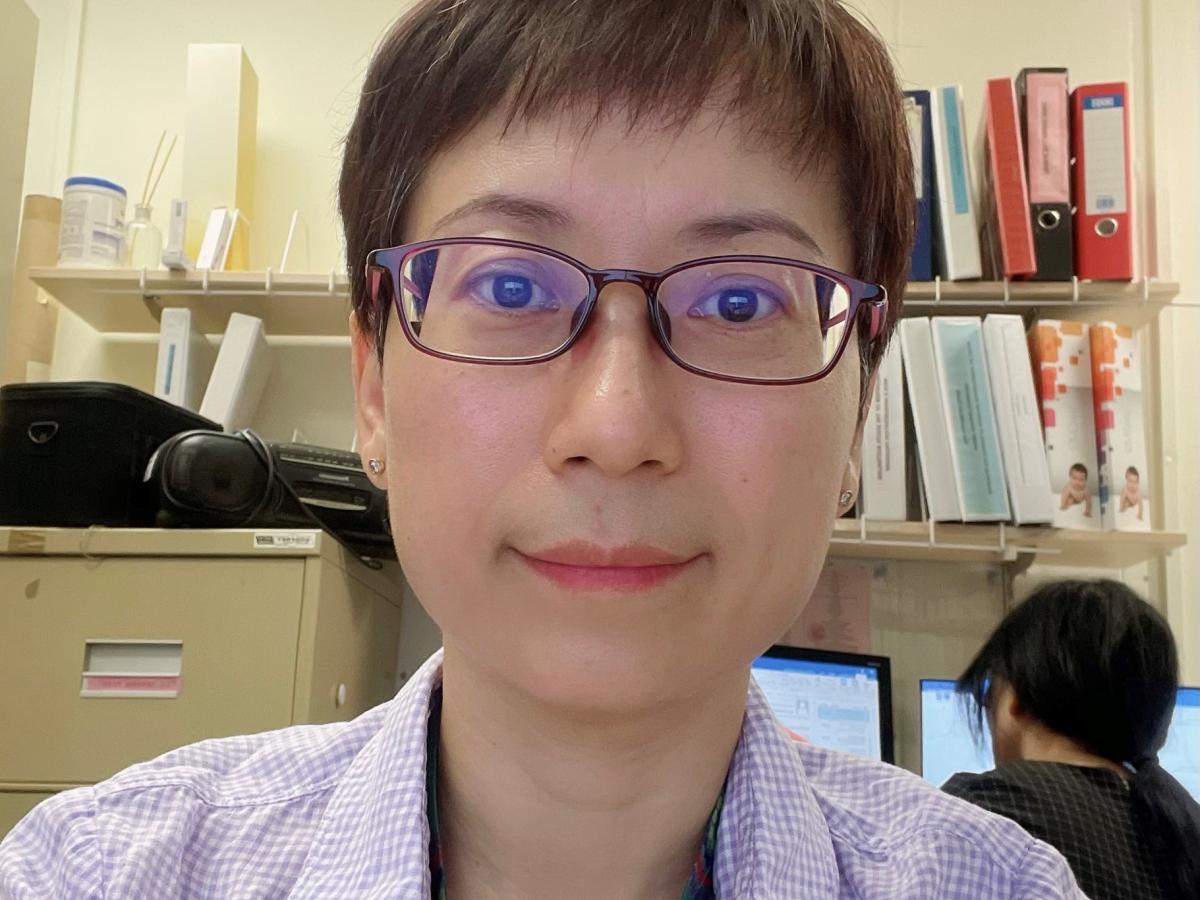
Bing is currently a Postdoctoral research fellow at the Adelaide Medical School, University of Adelaide and Women’s and Children’s Hospital, Women's and Children's Health Network, Adelaide.
Bing’s PhD project focused on the clinical and financial burden of invasive meningococcal disease in Australian children and young adults. Her research was supervised by Professor Helen Marshall and Dr Hossein Afzali from the Robinson Research Institute, University of Adelaide / Women’s and Children’s Hospital. Bing's PhD research has played a crucial role in supporting government policy-making at state, national, and global levels.
Her findings have been cited in government reports such as the SA meningococcal serogroup B vaccine program public report and have been used in both published and unpublished cost-effectiveness evaluations in Australia and other countries. The results have been presented to influential bodies, including the Australian Technical Advisory Group on Immunisation (ATAGI) and the Pharmaceutical Benefits Advisory Committee (PBAC), to inform government funding decisions.
Upon completing her PhD, Bing had the opportunity to work on and manage the meningococcal serogroup B vaccine (4CMenB) program evaluation projects. In October 2018, South Australia launched a world-first meningococcal B vaccine program, which is the first long-term program to provide free 4CMenB vaccine to infants, children, adolescents, and young people.
Two papers published in The Lancet Infectious Diseases and the Journal of Infection present the results of the evaluation of the world's first meningococcal serogroup B vaccine program in South Australia for infants and adolescents. The paper published in The Lancet Infectious Diseases received the HDA ECR Publication Award in 2022. Based on the results of this evaluation, showing high vaccine effectiveness against meningococcal B disease in infants and adolescents, the Health Minister made the decision to continue the program indefinitely in South Australia in July 2021.
We thank the Channel 7 Children’s Research Foundation for their financial support for the Scholars program and the PhD Excellence Awards.
-
Dr Amy Wooldridge, 2014 4th cohort
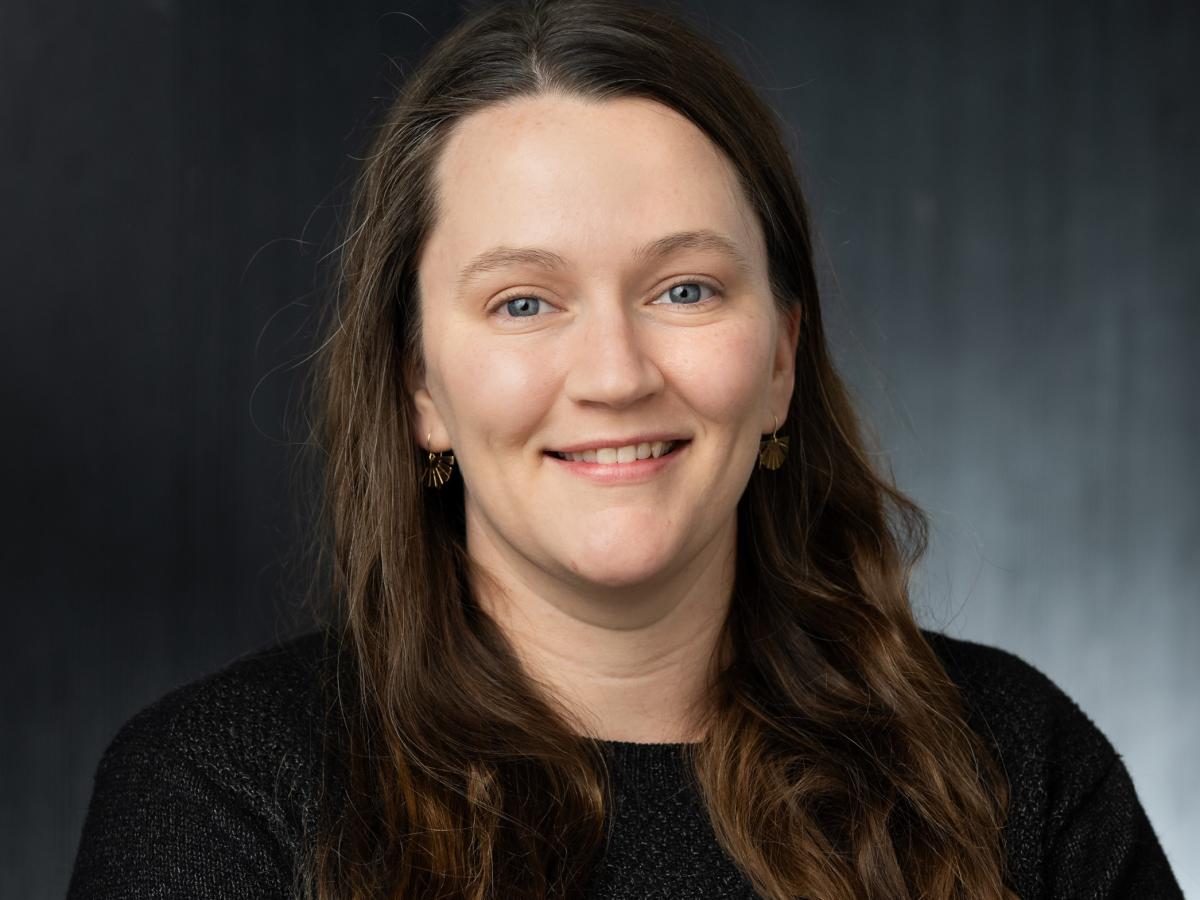
Amy Wooldridge is currently working as a postdoctoral researcher within the Robinson Research Institute at the University of Adelaide, working closely with Prof Laura Parry and Dr Alison Care. Her research focuses on maternal vascular function and its role in pregnancies complicated by gestational diabetes and preeclampsia.
Amy’s PhD project focused on the impact of placental restriction on adolescent immune function in sheep, and was mentored by supervisors Dr Kathy Gatford, Dr Karen Kind, A/Prof Vicki Clifton at the Robinson Research Institute, University of Adelaide and Dr Rob Bischof, Monash University.
While completing her PhD, a travel grant Healthy Development Adelaide contributed to allowed Amy to present her PhD research at the International Developmental Origins of Health and Disease (DOHaD) Congress in Cape Town in 2015. Having an active involvement in this society was important, as Amy later served on various DOHaD committees such as the DOHaD Society of ANZ, DOHaD ANZ Early Career committee, and the founding committee of the International DOHaD Trainee Association. Amy’s PhD attracted a Dean’s Commendation for Doctoral Thesis Excellence, and some of her PhD publications attracted awards for the Robinson Research Institute Publication of the Month (June 2019) and the Year (2019) plus media attention and one was the focus of an external editorial article.
After completing her PhD, Amy had the opportunity to undertake four years of postdoctoral training in maternal vascular function assessments with Prof Sandra Davidge at the University of Alberta in Edmonton, Canada. During this time, her research focused on vascular functional and structural adaptations to pregnancy, and how they are adversely affected by advanced maternal age. Her PhD successes undoubtedly contributed to her successful application for three simultaneous fellowships in Canada awarded from 2020 (Women and Children’s Health Research Institute Postdoctoral Fellowship, Alberta Innovates Postgraduate Fellowship in Health Innovation, and Canadian Institutes for Health Research Post-PhD Fellowship: ranked 12th of 506 applications).
We thank the Channel 7 Children’s Research Foundation for their financial support for the Scholars program and the PhD Excellence Awards.
-
Dr Lucy Farrell, 2014 4th cohort
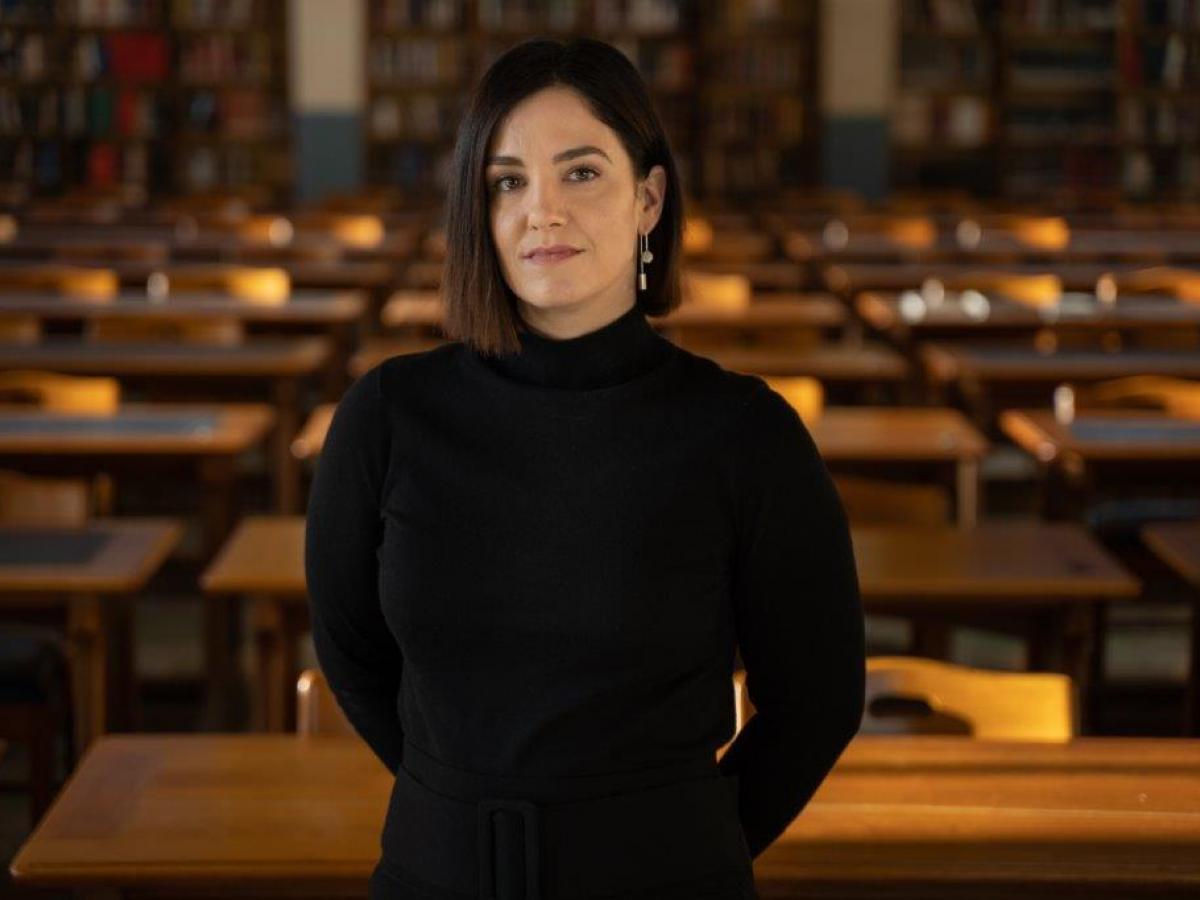
Lucy is currently acting as the Director of Data Strategy in the Australian Centre for Disease Control Establishment Taskforce within the Australian Government Department of Health and Aged Care. She is responsible for leading strategic policy to optimise the role of data-informed evidence in a future Australian CDC.
Lucy’s PhD project focused on the social acceptability of childhood obesity prevention through law: an investigation of public attitudes and their social contexts, and was mentored by supervisors Dr Jackie Street, Prof Vivienne Moore, and A/Prof Megan Warin at the University of Adelaide. The project was part of the HealthyLaws research program led by Prof Annette Braunack-Mayer, funded by the former Australian National Preventive Health Agency.
While completing her PhD, Lucy travelled to the UK to present her research at the British Sociological Association Health Sociology Conference. The experience allowed her to collaborate with international colleagues to develop theories about the empirical and theoretical intersections between the fields of health sociology and social epidemiology.
Upon completing her PhD, Lucy has had the opportunity to work in academic and government roles to examine health disparities and enhance public sector data and analysis. Highlights have included being invited to provide evidence from her PhD research as an expert witness at the Senate Inquiry into the Obesity Epidemic in Australia, and providing technical guidance on health equity analysis to the World Health Organization (Western Pacific Region).
We thank the Channel 7 Children’s Research Foundation for their financial support for the Scholars program and the PhD Excellence Awards.
-
Dr Jessica Gugusheff, 2012 3rd cohort
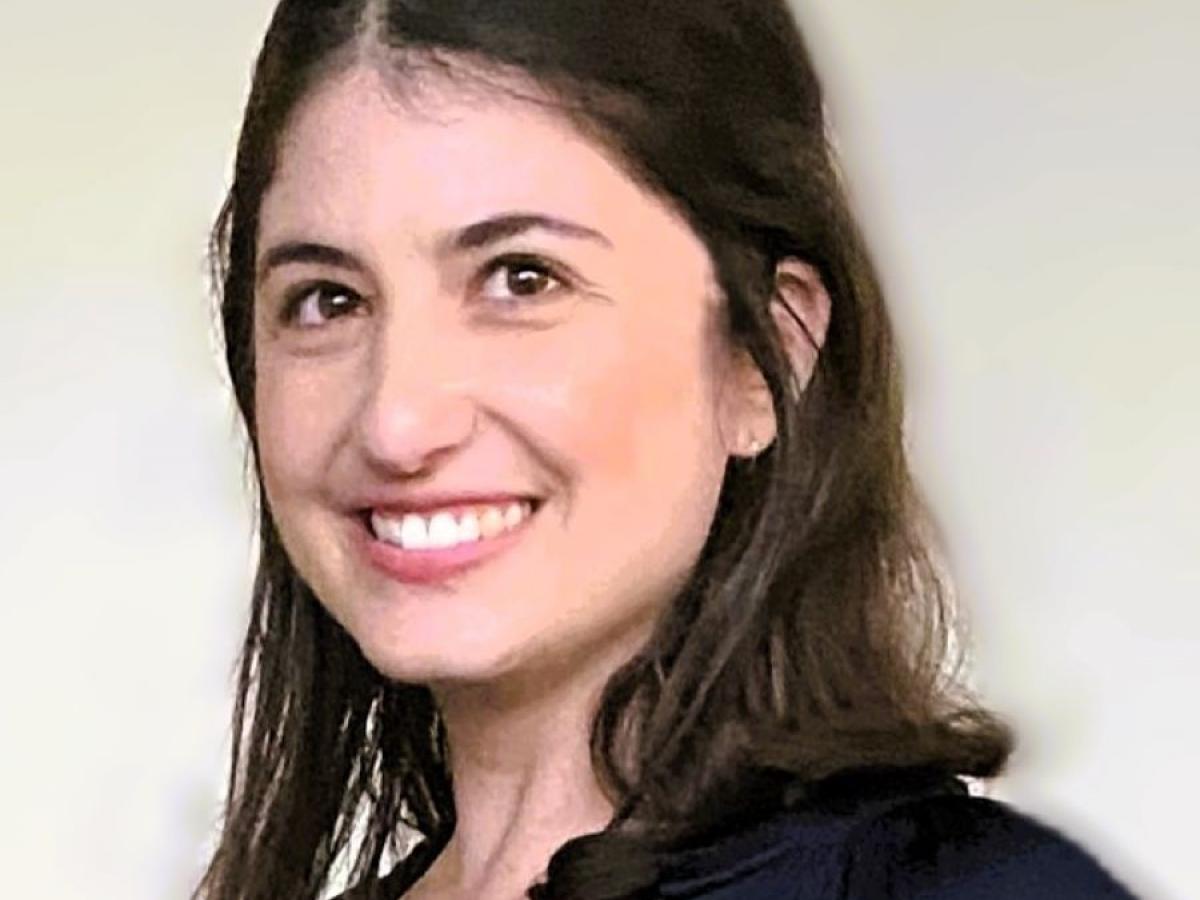
Jessica is currently a senior epidemiologist at the NSW Cancer Institute. Working as part of a team that generates insights out of health system data to drive improvements in cancer care.
Jessica’s PhD project focused on the early origins of a preference for fat: the importance of endogenous opioids, and was mentored by supervisors Professor Beverly Muhlhausler and Professor Bob Gibson at the University of Adelaide.
While completing her PhD, Jessica investigated the role of de-sensitisation of the opioid pathway in driving the preference for high-fat high-sugar foods in offspring after perinatal exposure to a maternal “junk food” diet. This work led to four peer-reviewed publications and was showcased at an international conference.
Upon completing her PhD, Jessica had the opportunity to undertake a masters of biostatistics, which further expanded the analytical skills she developed during her PhD and ultimately led to her working as an epidemiologist in NSW Health. In this role, she has co-authored seven published papers and provided statistical support to the COVID-19 response.
We thank the Channel 7 Children’s Research Foundation for their financial support for the Scholars program and the PhD Excellence Awards.
-
Dr Angela Gialamas, 2012 3rd cohort
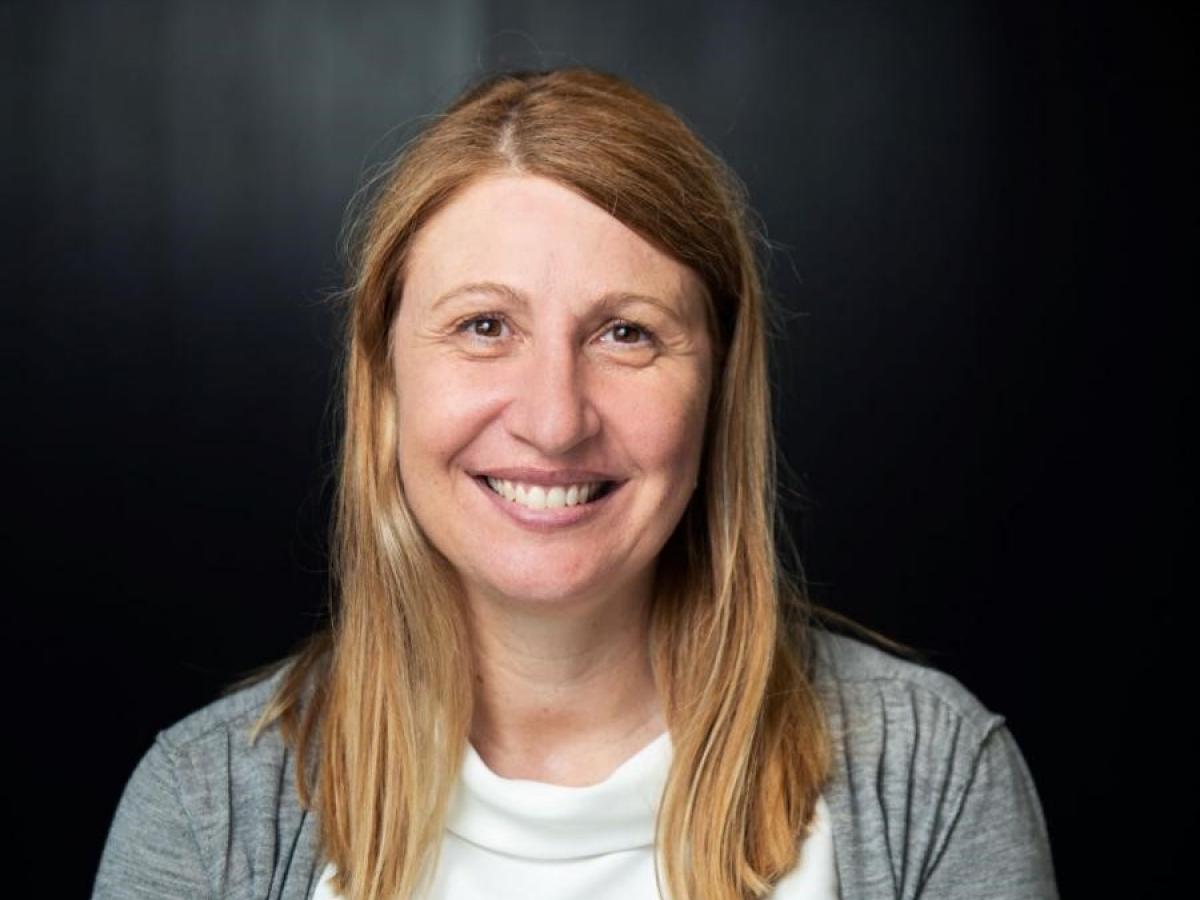
Angela is an epidemiologist in BetterStart Health and Development Research, and a Lecturer in the Discipline of Public Health at the University of Adelaide. Her post-doctoral research centres on investigating the influence of early-life disadvantage on children's subsequent health and development. This includes investigating how socioeconomic factors, childcare practices, and parental investments influence the development and well-being of children. Angela is currently engaged in research supported by an MRFF grant. The project is a multi-site randomised controlled trial of a tailored intervention aimed to improve the transition to adult care for young adults with chronic medical conditions. Additionally, she is part of the BetterStart team collaborating with Goodstart Early Learning on a research program aimed to investigate the health, educational and developmental outcomes of children attending their centres compared to those who have not in South Australia.
Angela’s PhD project focused on whether the type, quality and time spent in non-parental child care influenced children’s cognitive and social-emotional development at school entry, and was mentored by supervisors Professor John Lynch, A/Professor Murthy Mittinty, University of Adelaide; Professor Michael Sawyer, Women’s and Children’s Health Network and Professor Stephen Zubrick, Telethon Kids Institute.
The HDA/CRF scholarship was an incredible source of financial support, affording Angela the opportunity to fully immerse herself in her research, ultimately enhancing the quality and depth of her work. The scholarship also provided Angela with the opportunity to undertake a workplace placement, which offered invaluable insights into real-world childcare practices. Engaging with staff during this placement allowed Angela to gain first-hand experience and deepen her understanding of the intricacies of childcare practices beyond the scholarly domain. Through Healthy Development Adelaide, Angela gained access to a mentor who provided invaluable guidance and support in navigating her professional development and career aspirations.
Upon completing her PhD, Angela had the opportunity to showcase her doctoral findings at an international conference thanks to a Healthy Development Adelaide travel grant. This experience proved invaluable, providing opportunities for networking, and building professional connections. Subsequently, Angela embarked on research exploring parenting investments in children's health and development, made possible by a Channel 7 Children's Research Foundation grant. With her PhD completed, Angela found herself presented with opportunities for further research, collaboration, and teaching roles.
We thank the Channel 7 Children’s Research Foundation for their financial support for the Scholars program and the PhD Excellence Awards.
-
Dr Sam Buckberry, 2012 3rd cohort
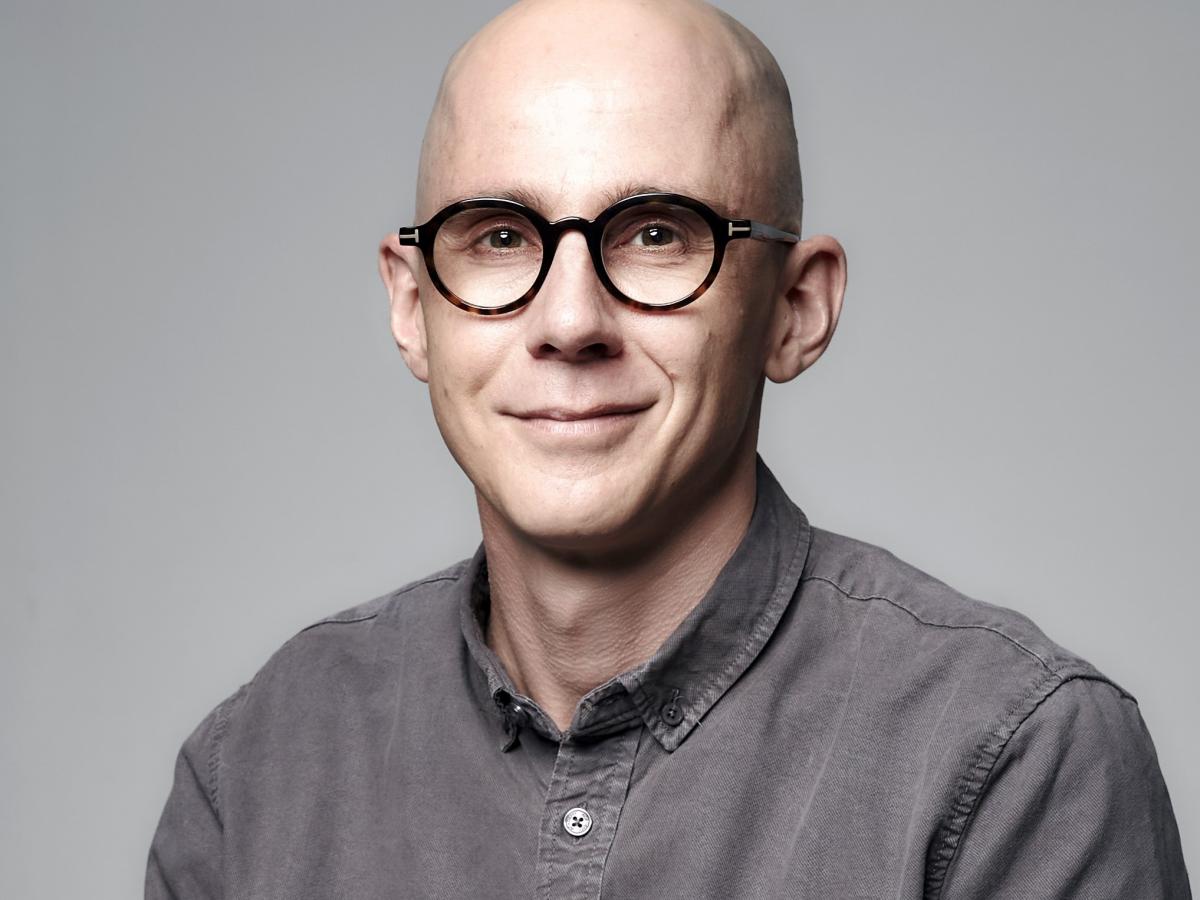
Sam is currently working at the Telethon Kids Institute and the Australian National University, where he is the Head of Epigenetics in the Indigenous Genomics program. He was a founding member of this team in 2022 under the leadership of Prof Alex Brown. His work focuses on understanding the role of the epigenome in chronic disease and developing predictive biomarkers for cardiometabolic conditions, leveraging his extensive background in genomics and bioinformatics.
Sam’s PhD project focused on the transcriptional landscape of the human placenta and gene expression differences between the sexes, and was mentored by supervisors Professor Claire Roberts, Dr Tina Bianco-Miotto, Dr Stephen Bent, Professor Gus Dekker at the University of Adelaide.
During his PhD, Healthy Development Adelaide helped Sam find an independent mentor who provided invaluable career guidance, facilitated a placement in the neonatal intensive care unit at the Women’s and Children’s Hospital which helped him gain a new appreciation for the challenges that need to be overcome to improve developmental outcomes, and networking opportunities through volunteering at HDA events.
After his PhD, Sam was awarded an NHMRC early-career fellowship and seized the opportunity to work with Prof Ryan Lister at The University of Western Australia, where he undertook a 6.5 year postdoc specialising in genomics and bioinformatics. These opportunities allowed him to lead high-impact work in developmental and stem cell biology, which has been published in journals including Nature and Cell. His dedication to innovative and robust science has led to him being awarded the Raine Research Prize (2019), Mid-Career Research Award from Australian Bioinformatics and Computational Biology Society (2023) and a continuing role on the Executive Committee of the Australasian Genomics Technology Association.
We thank the Channel 7 Children’s Research Foundation for their financial support for the Scholars program and the PhD Excellence Awards.
-
Dr Georgie Crichton, 2009 2nd cohort
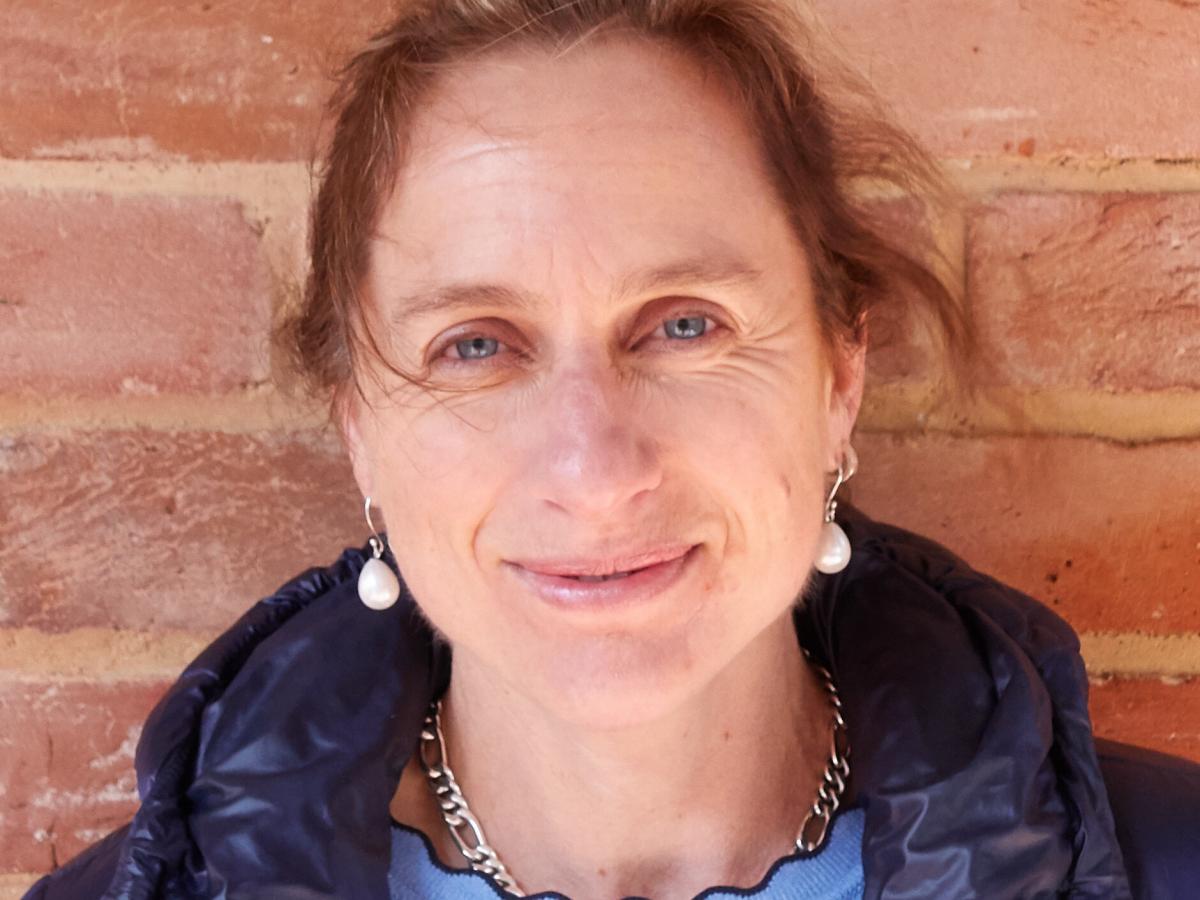
Georgie’s PhD project focused on investigating the effects of low fat dairy consumption on cognitive functioning, psychological wellbeing and cardiometabolic health, and was mentored by supervisors A/Prof Karen Murphy and Dr Janet Bryan, University of South Australia.
Georgie is currently working across three private practices in Adelaide as a clinical psychologist. She sees clients of all ages with varying mental health conditions, including depression and anxiety, trauma-related disorders, substance use/addictive problems and disordered eating. She also assesses school children who are struggling with learning and behaviour.
While completing her PhD, Healthy Development Adelaide allowed Georgie to travel to the United States for three months to collaborate with researchers at the University of Maine. This allowed her access to data from a very large longitudinal study in the USA called the Maine-Syracuse study, which had collected health and dietary data from over 1000 people over several years. This collaboration with Maine researchers resulted in over 20 publications.
Upon completing her PhD, Georgie had the opportunity to apply for a research scholarship to undertake her post-doctorate. She was successful in obtaining a Sidney Sax Public Health Overseas Early Career Research Fellowship. This allowed her to spend two years at the Luxembourg Institute of Public Health where she collaborated with researchers there to continue her research into relationships between dietary intake, psychological well-being and cardiometabolic health. She and her international colleagues were able to use data from three countries (Australia, USA and Luxembourg) to analyse and compare findings. This collaboration resulted in a further 18 publications. Georgie subsequently returned to South Australia to complete her fellowship. Since completing her post-doctorate, Georgie obtained her Masters in Clinical Psychology.
We thank the Channel 7 Children’s Research Foundation for their financial support for the Scholars program and the PhD Excellence Awards.
-
Dr Natasha Schranz, 2009 2nd cohort
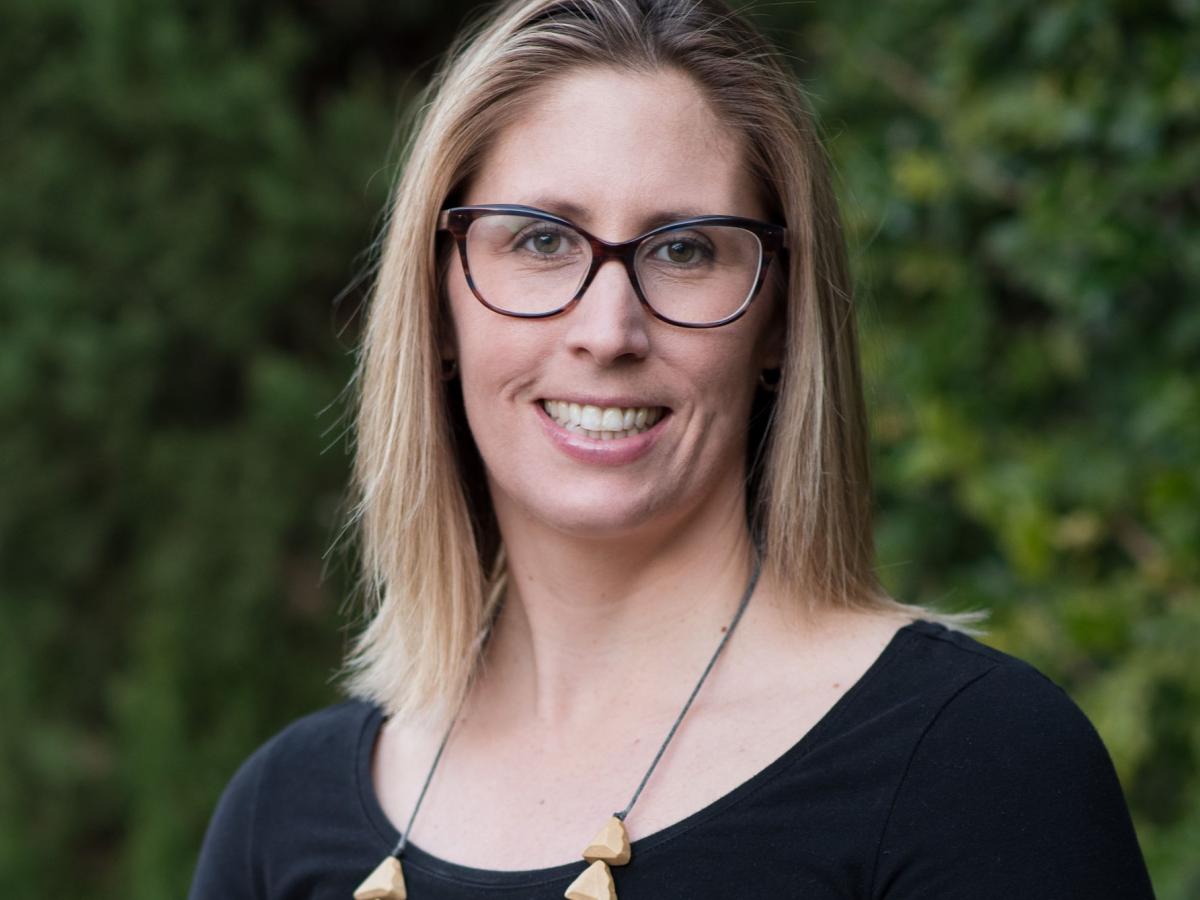
Natasha is currently the Manager of Mental Health Programs within Preventive Health SA leading a fantastic team to drive evidence-based policy and programs to support improved mental wellbeing for South Australians. Prior to her current role Natasha held the positions of Principal Physical Activity Officer and Manager Early Years, Children and Young People, leading the physical activity and then children, family and food portfolios respectively.
Natasha’s PhD project focused on running a resistance training intervention for overweight and obese adolescent males, and was mentored by supervisors Dr Grant Tomkinson, Professor Tim Olds and Dr Natalie Parletta (UniSA).
While completing her PhD, HDA organised a placement for Natasha within the City of Marion council to undertake a field-based project. Natasha completed environmental audits of local playgrounds to propose improvements that would promote increased usage and risky play among children. This allowed her to broaden her knowledge regarding the real-life implications research and partnership can have.
Upon completing her PhD, Natasha had the opportunity to work as a Research Fellow within UniSA for five years during which time she co-founded and then led the National Collaboration, Active Healthy Kids Australia and was the lead author for the Australian Report Card on Physical Activity for Children and Young People. Natasha then moved on to take on the role of Research Translation Manager within Heart Foundation South Australia, which saw her engage with and build collaboration among the cardiovascular research community. Natasha also used her research training to develop and then implement the Community Hearts Program within regional communities to encourage people to visit their GP for a ‘heart health check’.
We thank the Channel 7 Children’s Research Foundation for their financial support for the Scholars program and the PhD Excellence Awards.
-
Dr Dorota Zarnowiecki, 2009 2nd cohort
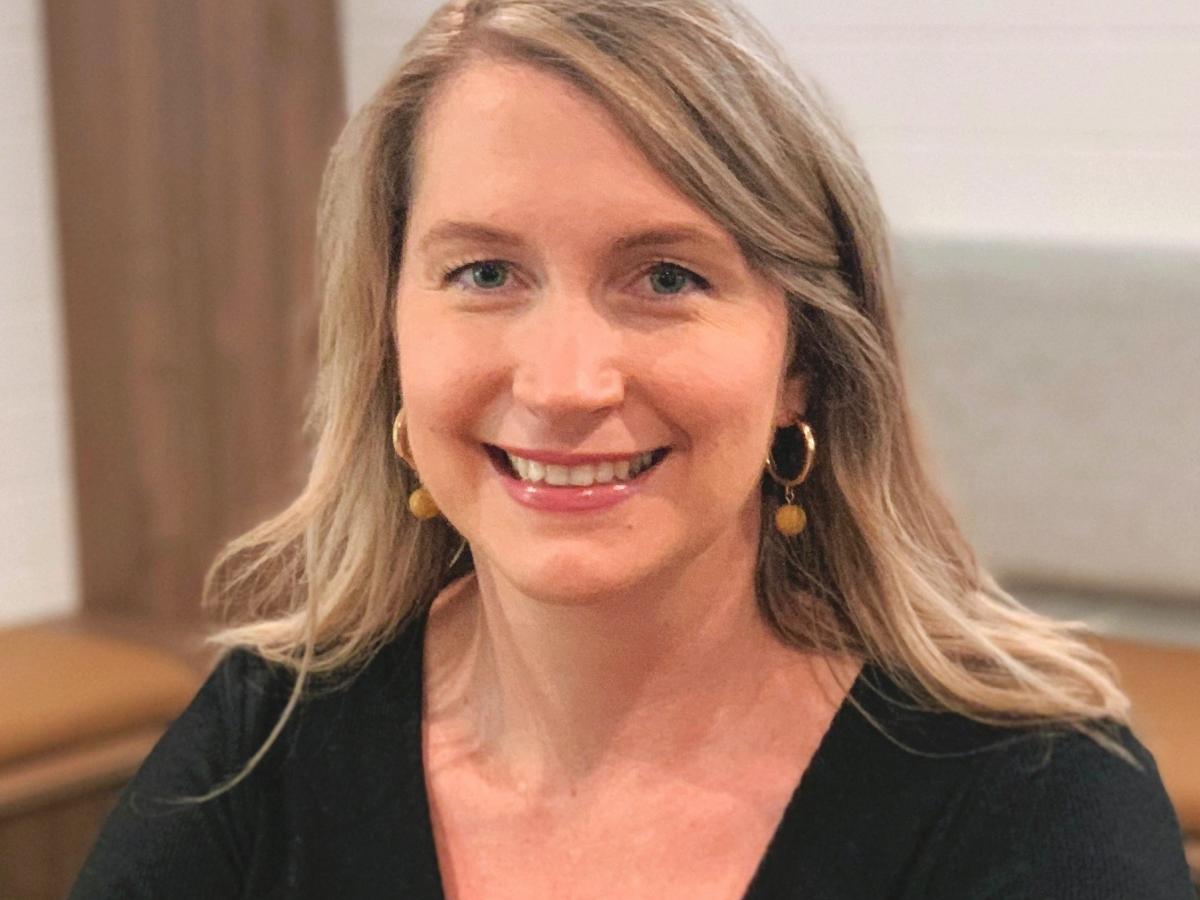
Dorota is a Research Coordinator at the University of South Australia, working across the UniSA Research Office and Allied Health and Human Performance Unit.
Dorota’s PhD project focused on exploring relationships between socioeconomic position and children’s dietary intake to inform intervention design, and was mentored by supervisors Dr Jim Dollman and Dr Natalie Parletta (UniSA).
While completing her PhD, Dorota undertook a three-phase mixed-methods study involving over 600 children aged 9-13 years, which provided evidence to inform how socioeconomic position should be defined and used in future research to gain more accurate insights into the impact of socioeconomic position on children’s dietary intake. Her findings identified that the predictors of children’s dietary intake vary by socioeconomic position, suggesting that it may be beneficial to design tailored nutrition interventions for children from disadvantaged backgrounds.
With the support of Healthy Development Adelaide Scholars program during her PhD, Dorota was also able to explore the diverse range of careers and opportunities in which nutrition-focused researchers can apply their research skills, including via work experience and mentoring.
Upon completing her PhD, Dorota had the opportunity work as a Research Fellow at the University of South Australia and Flinders University. Dorota’s postdoctoral research investigated approaches to improving nutrition and health in vulnerable population groups including young children, mental ill health and rural populations. During this time, she worked with multidisciplinary teams involving partners from health organisations, early childhood education, Government and industry.
Dorota’s passion has always been to help families to develop healthy eating habits from early childhood. As such, she completed a Master of Nutrition and Dietetics to become an Accredited Practising Dietitian. A highlight of her postdoctoral research has been working as part of the NHMRC Centre of Research Excellence in the Early Prevention of Obesity in Childhood and the VegKIT Study (www.vegkit.com.au), which developed and tested approaches that supported the development of healthy eating from infancy.
We thank the Channel 7 Children’s Research Foundation for their financial support for the Scholars program and the PhD Excellence Awards.
-
Dr Zhi Yi Ong, 2009 2nd cohort
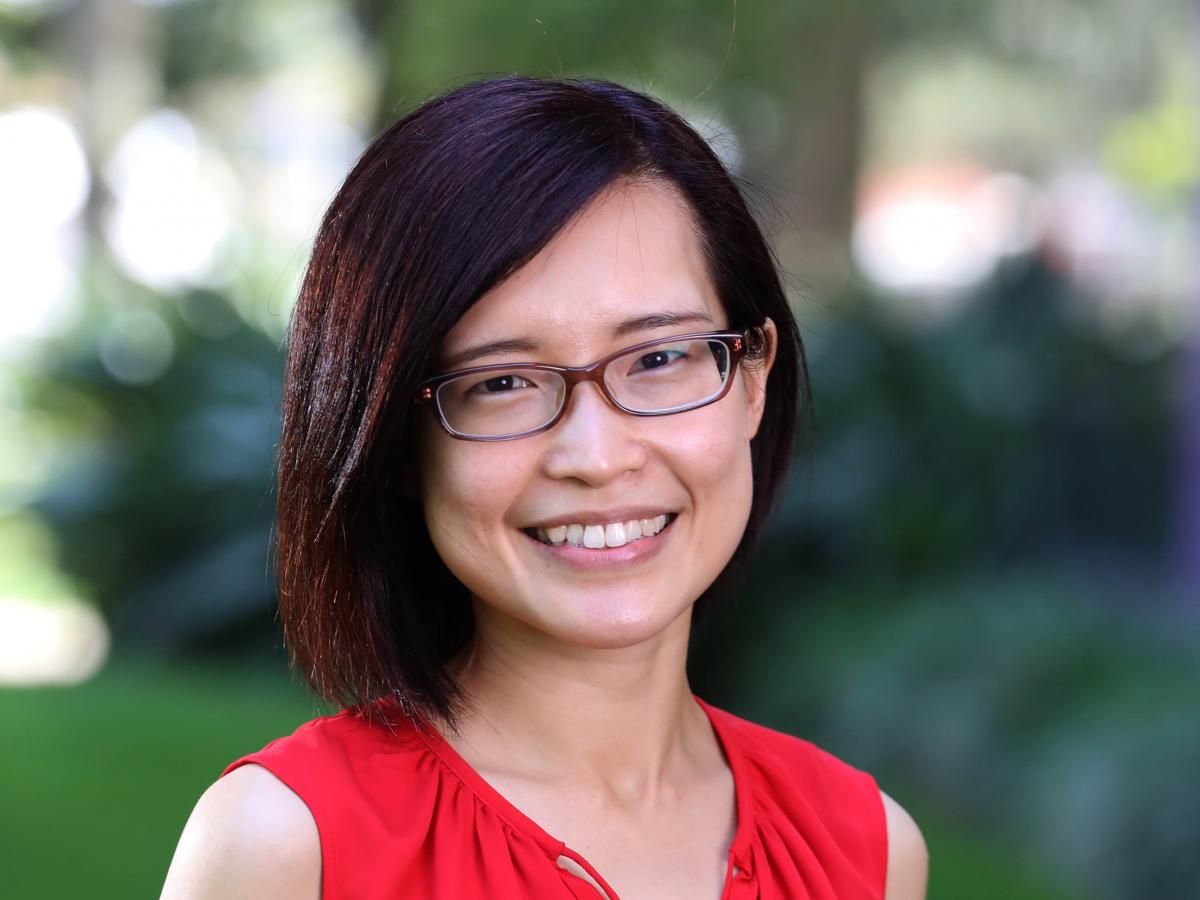
Zhi Yi is a Senior lecturer and ARC Future Fellow in the School of Psychology at the University of New South Wales. Her current research focuses on understanding the neurobiological mechanisms of appetite control and addiction. This includes investigating the role of neuropeptides, neurons and neural circuits as well as their interaction with the gut in regulating different feeding and addictive behaviours. In her research, Zhi Yi uses a variety of behavioural tasks together with modern neuroscience tools in preclinical models to understand the mechanisms at the cellular, circuit and behavioural levels.
Zhi Yi’s PhD project focused on determining whether being exposed to maternal junk food diet during fetal life leads to altered development of the central reward pathway, and was mentored by supervisors Professor Beverly Muhlhausler (University of Adelaide) and Professor Caroline McMillen (UniSA).
While completing her PhD, Healthy Development Adelaide allowed Zhi Yi to pursue her research in maternal programming of offspring appetite where she showed that maternal cafeteria diet during pregnancy and lactation increases offspring fat intake throughout life. This increase in fat intake is associated with altered opioid receptor expression within the central reward system. HDA also supported Zhi Yi’s research career through travel awards where Zhi Yi was awarded two HDA travel grants to present her research at national and international conferences. Furthermore, through the HDA mentoring and practicum placement program, Zhi Yi had the opportunity to connect with and learn from researchers in the neuroscience field (Professor Simon Brookes and Professor Damien Keating, Flinders University), where her research interests were expanding into.
Upon completing her PhD, Zhi Yi had the opportunity to move to the USA for a postdoctoral position in the Laboratory of Systems Neuroscience, Department of Psychology at the University of Pennsylvania. Under the mentorship of Professor Harvey Grill, Zhi Yi begun her research program on the neural basis of energy balance control. In 2017, Zhi Yi received an ARC DECRA and returned to Australia to continue her research program at the School of Psychology, UNSW, where she is currently based. She has since received funding from NHMRC and ARC to support her research program.
We thank the Channel 7 Children’s Research Foundation for their financial support for the Scholars program and the PhD Excellence Awards.
-
Dr Luca Prisciandaro, 2009 2nd cohort
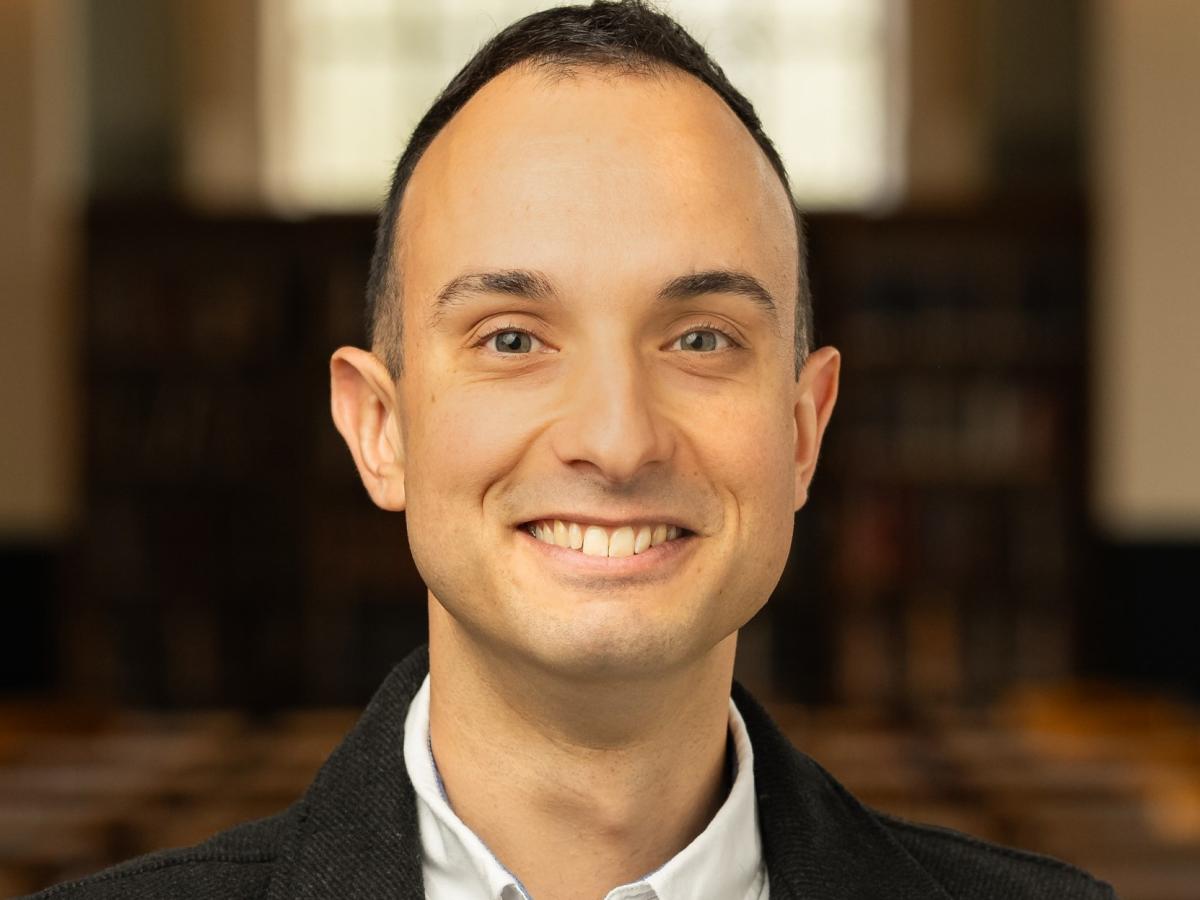
Luca is currently the Acting Managing Director of Children’s University Australasia and Africa (IO), a program run by the University of Adelaide to promote equity of educational opportunity and establish new pathways to higher education for students aged 5 -18.
Luca’s PhD project focused on Identifying probiotics that can provide beneficial therapy for chemotherapy-induced mucositis, and was mentored by supervisors Professor Gordon Howarth (University of Adelaide / WCHN), Dr Mark Geier (SARDI), Dr Adrian Cummins (QEH), and Professor Ross Butler (UniSA).
While completing his PhD, Luca identified, isolated and employed probiotic supernatants in both in vivo and in vitro models to determine their efficacy in the treatment or prevention of gastrointestinal mucositis – a common side effect of chemotherapy. The work led to five peer-reviewed publications, and supported ongoing research within the laboratory. Furthermore, Luca had his first experience as an educator during his PhD and these experiences triggered a marked change in career trajectory.
Instead of continuing down a path as a researcher, Luca realised that his passion sat in science communication instead and soon took on the role of Scientist in Residence at the Mark Oliphant College. Here he developed and ran iMOC – a science immersion program at the University of Adelaide’s Roseworthy campus for primary aged students. Close collaboration with staff from the University led Luca to Children’s University where he has helped grow the initiative from one school in 2023, to more than 170 schools across the state as well as partnerships around Australia, New Zealand and even the island of Mauritius.
We thank the Channel 7 Children’s Research Foundation for their financial support for the Scholars program and the PhD Excellence Awards.
-
Dr Lisa Akison, 2009 2nd cohort
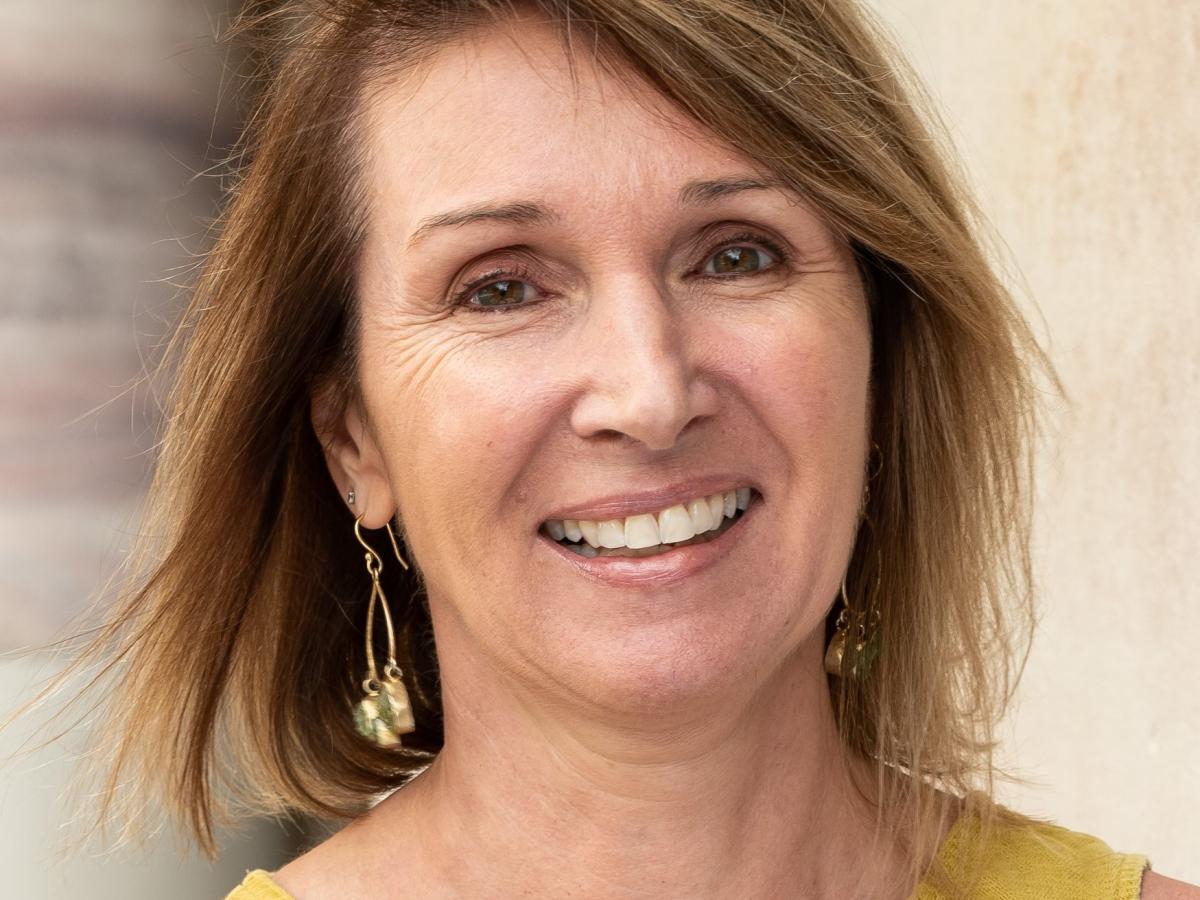
Lisa is a Senior Lecturer and Higher Education Academy Fellow working in the School of Biomedical Sciences at the University of Queensland, Brisbane.
Lisa’s PhD project studied the molecular mechanisms regulating ovulation and oviductal function. Her supervisors were Professor Rebecca Robker, Professor Darryl Russell and Professor Rob Norman (Robinson Research Institute, University of Adelaide).
While completing her PhD, Lisa used a unique progesterone receptor knockout mouse model to investigate potential downstream molecules and pathways that regulate the release of the oocyte at ovulation. This model was also used to examine the function of the oviduct – an important conduit between the ovary and uterus that is the site of fertilisation and early embryo development. This work has led to 7 peer-reviewed publications and laid the foundations for current research at the Robinson Research Institute to identify candidate targets for novel non-hormonal contraceptives.
Upon completing her PhD, Lisa had the opportunity to move to Brisbane, where she has worked at the University of Queensland since 2015. She joined the lab of Professor Karen Moritz and went on to lead preclinical projects examining developmental programming of health and disease. In particular, she investigated the impact of prenatal alcohol exposure on the placenta, embryo, fetus and adult offspring. Lisa trained in systematic review and meta-analysis methodology and has since published 8 systematic reviews, mostly in her research area. She is currently involved in a large review of the evidence underlying the diagnostic criteria for Fetal Alcohol Spectrum Disorder (FASD) with collaborators at the Child Health Research Centre.
Lisa has also discovered a love of teaching, recently transitioning to a Teaching-Focussed role in the School. She is co-course coordinator for two premier 3rd-year courses in Biomedical Sciences, including the Capstone Course, and has developed research interests in the Scholarship of Teaching and Learning.
We thank the Channel 7 Children’s Research Foundation for their financial support for the Scholars program and the PhD Excellence Awards.
-
Dr Siew Lim, 2006 1st cohort
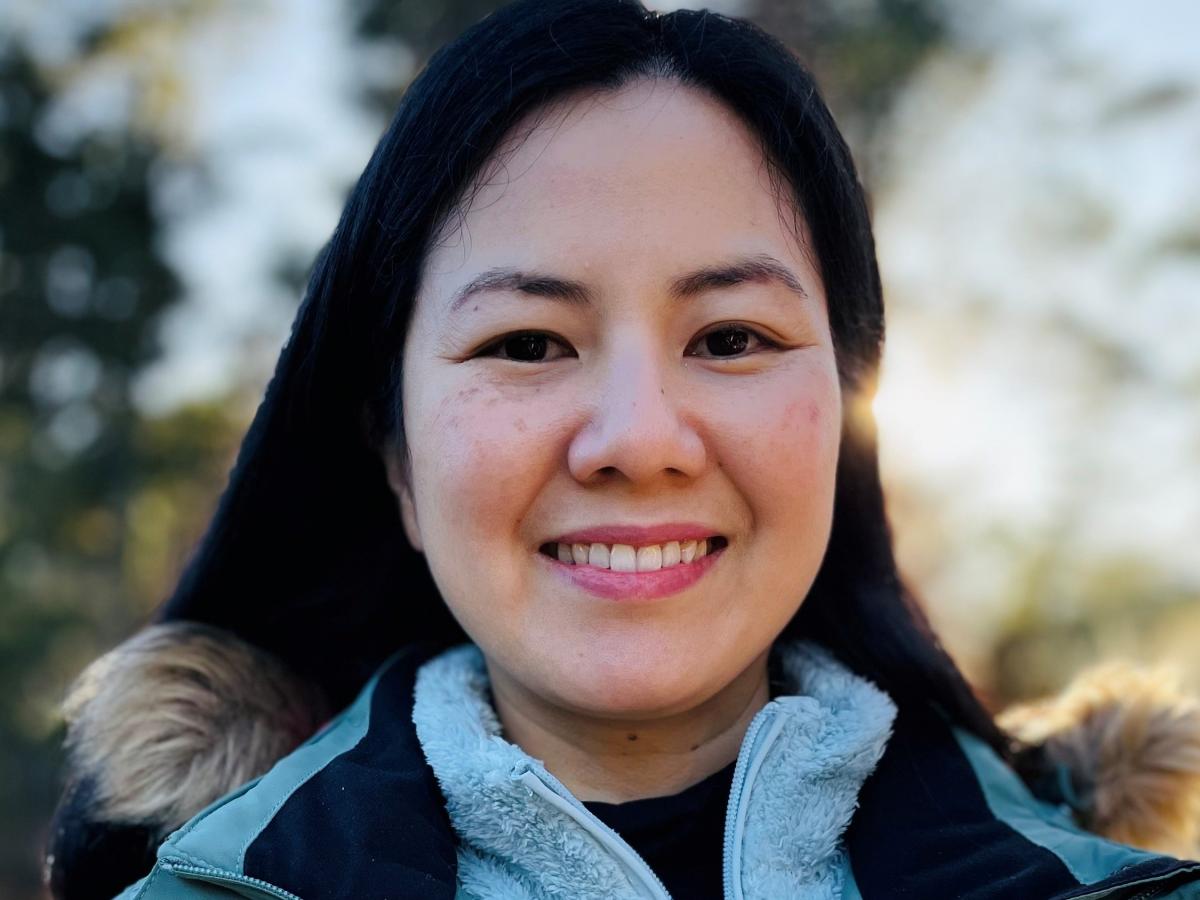
Siew is a Senior Research Fellow and an Accredited Practising Dietitian (APD), from Health Systems and Equity, Monash University, Australia.
Siew’s research is on addressing health inequity in women of reproductive age with a focus on preconception, pregnancy and postpartum lifestages. Her research program includes a partnership with Diabetes Victoria to develop adaptations to their Life! program for priority populations among women of reproductive age. Siew also has a research focus on consumer-driven research in diabetes prevention in women with a history of gestational diabetes. She has established an international consumer group for women’s health called Cardiometabolic Health Implementation Research in Postpartum women (CHIRP): Mothers’ voices matters (https://hipp.org.au/networks/chirp/). Siew is also the Chair of Equity, Inclusivity and Diversity for Nutrition Society of Australia.
Siew’s PhD project studied the effects of metformin or lifestyle intervention on weight, metabolic, reproductive and psychosocial outcomes in young women. Her supervisors were Professor Manny Noakes, Professor Peter Clifton (CSIRO Human Nutrition) and Professor Robert Norman (Robinson Research Institute, University of Adelaide).
While completing her PhD, Healthy Development Adelaide allowed Siew to work on a clinical trial involving lifestyle intervention vs metformin in women of reproductive age of ~200 women, with a multidisciplinary team of endocrinologist, obstetrician and gynaecologist, exercise physiologist, psychologist and dietitian. This led to a research career in this population group.
Upon completing her PhD, Siew had the opportunity to:
-work as a visiting research fellow at the University of Malaya in Malaysia (2010)
-a postdoctoral research fellow at University Department of Rural Health, Flinders University in regional Victoria (2012-2017). During this time, Siew worked with a team that developed a diabetes prevention program for Diabetes Victoria, in which she developed an adaptation for women of reproductive age (building on her PhD).
-a research fellow at Health Systems Improvement Unit at Deakin University (2017-18)
-NHMRC Early Career Fellow at Monash Centre for Health Research and Implementation, Monash University (2018-2022). During this time, Siew developed a research program in women with polycystic ovary syndrome, including the development and evaluation of a multidisciplinary PCOS service at Monash Health, the largest public health service in Victoria.
We thank the Channel 7 Children’s Research Foundation for their financial support for the Scholars program and PhD Excellence Awards,
-
Dr Leigh Guerin, 2006 1st cohort
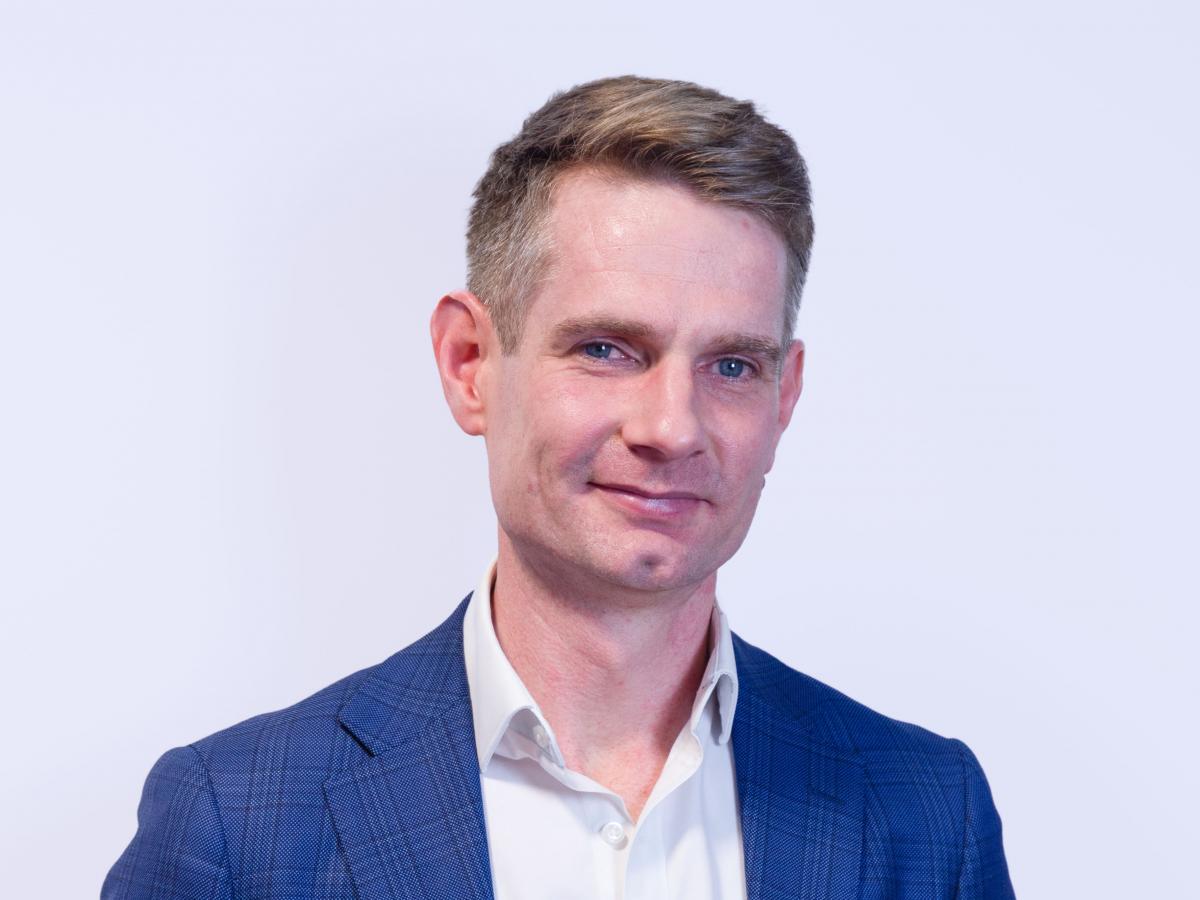
Leigh is a Patent Attorney, with the firm Phillips Ormonde Fitzpatrick, who specializes in Biotechnology and assists researchers in protecting their inventions to facilitate the commercialization of their discoveries, enabling the implementation of new medical treatments and diagnostics.
Having pursued undergraduate studies in Medical and Pharmaceutical Biotechnology, Leigh was provided with the opportunity to undertake a PhD with the support of Healthy Development Adelaide. Leigh's PhD project focused on studying the role of maternal T regulatory cells in healthy pregnancy, and he was mentored by his supervisors - Professor Sarah Robertson (Robinson Research Institute, University of Adelaide) and Professor John Hayball (UniSA).
While completing his PhD, Healthy Development Adelaide allowed Leigh to explore his interest in research commercialization, including arranging mentoring and work experience.
Upon completing his PhD, Leigh had the opportunity to take on a Post-doctoral research position at Harvard University in the laboratory of Jack Strominger in the Department of Stem Cell & Regenerative Biology. However, Leigh maintained his interest in the commercialization of research and decided to change career direction when an opportunity arose to move back home and take up a role as a Trainee Patent Attorney. Leigh's experience as a PhD student and a Post-doctoral researcher, assisted by Health Development Adelaide, is critical in his current role as he needs to understand the complex science that underpins his clients' innovations.
We thank the Channel 7 Children’s Research Foundation for their financial support for the Scholars program and the PhD Excellence Awards.
